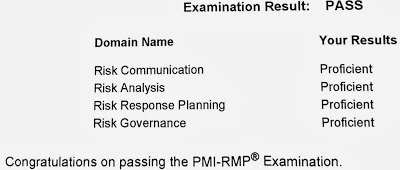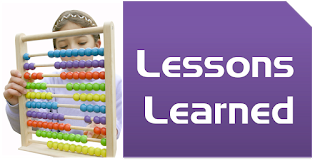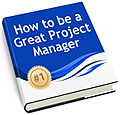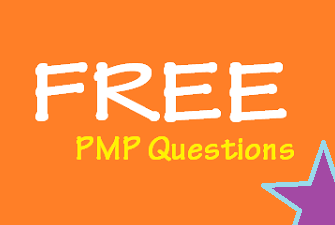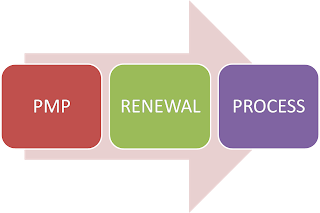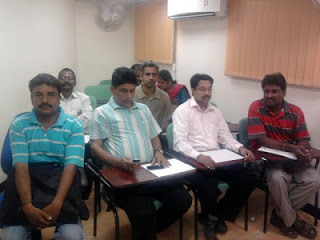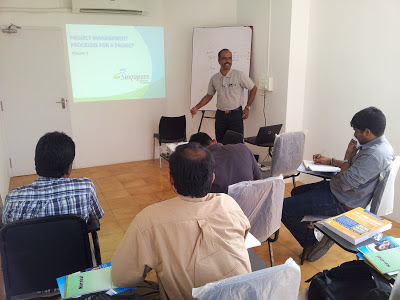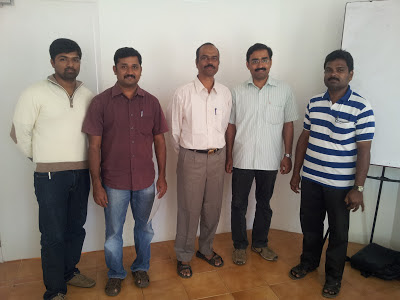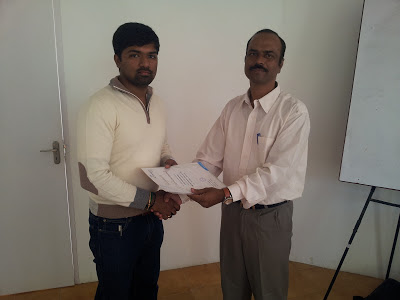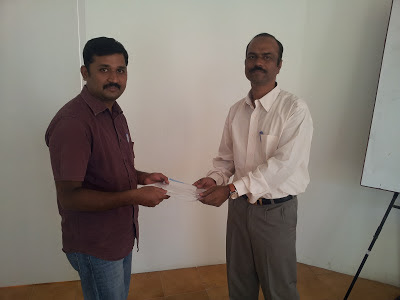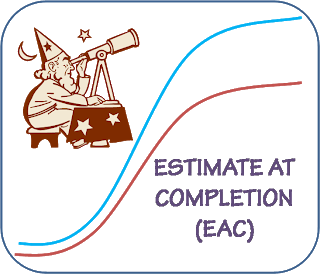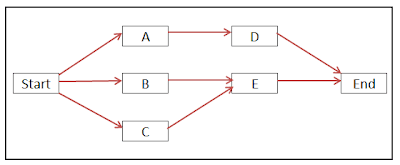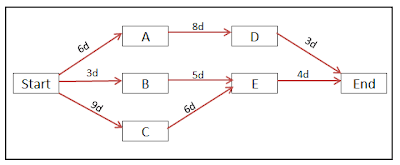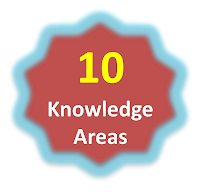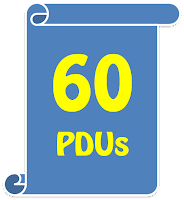I am proud to say that I am successful in my effort to obtain my second PMI credential. Yes, I am a Certified Risk Management Professional (PMI-RMP).
The thought of taking up the RMP exam crossed me sometime in early June. But, I didn't pursue that because of the change in examination syllabus from PMBOK 4 to PMBOK 5. I thought that the time was too short to achieve the goal.
Then, sometime in June itself, I came to know that only PMP exam changes by end of July 2013 whereas RMP exam changes only by end of August. So, I wanted to give it a try. Even though I know that there were insignificant changes from PMBOK4 to PMBOK5, I was reluctant to wait. (A known devil is better than unknown angel, right?).
I did some research to find the contact hours required to fulfil PMI's requirements. I purchased one month of online access to VTC. They have several online courses, which you can access during the period of subscription. If you complete watching the videos for a course, you will get the certificate of completion for that course.
2. Risk Management Tricks of the Trade for Project Managers + PMI-RMP Exam Prep Guide by Rita Mulcahy
3. Study Guide For the PMI Risk Management Professional Exam by Abdulla J. Alkuwaiti
4. PMBOK 4
5. PMP Exam Prep, Seventh Edition: Rita's Course in a Book for Passing the PMP Exam by Rita Mulcahy
6. Risk Management chapter from Head First Pmp: A Brain-Friendly Guide to Passing the Project Management Professional Exam by Andrew Stellman
7. Several free online resources, some of which are listed below:
7a. PMXCEL: PMI-RMP Sample Questions
7b. uCertify.com: Trial Copy of PMI-RMP Course
7c. SimpliLearn: Free PMI-RMP Practice Test
The thought of taking up the RMP exam crossed me sometime in early June. But, I didn't pursue that because of the change in examination syllabus from PMBOK 4 to PMBOK 5. I thought that the time was too short to achieve the goal.
Then, sometime in June itself, I came to know that only PMP exam changes by end of July 2013 whereas RMP exam changes only by end of August. So, I wanted to give it a try. Even though I know that there were insignificant changes from PMBOK4 to PMBOK5, I was reluctant to wait. (A known devil is better than unknown angel, right?).
You may also be interested in:
I did some research to find the contact hours required to fulfil PMI's requirements. I purchased one month of online access to VTC. They have several online courses, which you can access during the period of subscription. If you complete watching the videos for a course, you will get the certificate of completion for that course.
Resources used for RMP exam preparation
1. VTC.com: PMI-RMP Risk Management Professional bundle (Author: Vanina Mangano)2. Risk Management Tricks of the Trade for Project Managers + PMI-RMP Exam Prep Guide by Rita Mulcahy
3. Study Guide For the PMI Risk Management Professional Exam by Abdulla J. Alkuwaiti
4. PMBOK 4
5. PMP Exam Prep, Seventh Edition: Rita's Course in a Book for Passing the PMP Exam by Rita Mulcahy
6. Risk Management chapter from Head First Pmp: A Brain-Friendly Guide to Passing the Project Management Professional Exam by Andrew Stellman
7. Several free online resources, some of which are listed below:
7a. PMXCEL: PMI-RMP Sample Questions
7b. uCertify.com: Trial Copy of PMI-RMP Course
7c. SimpliLearn: Free PMI-RMP Practice Test
Advice for PMI-RMP aspirants
Even though I have listed lot of resources above, I didn't use all of them to the full extent. Here is how I have used them:- I listened to most of the video content from VTC.com; they were quite useful and informative. I answered all the practice questions and mock test given by VTC.com and compared those answers with the author's answers.
- I used Rita's Risk Management book and Alkuwaiti's risk management book only to try the end of the chapter questions; I did not find it necessary to go through the entire book.
- I went through PMBOK's risk management chapter (in my opinion, this is the most useful exercise you should do); and a quick review of other chapters like quality, communication, human resources, time, cost and procurement.
- I used Head First PMP book also for only trying end of the chapter questions in risk management
- I find most of the online resources not that useful for PMI-RMP exam
